All Stories
-
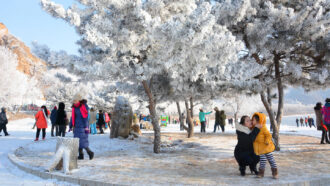 Physics
PhysicsScientists Say: Supercool
When a liquid is supercooled, it has been chilled below its freezing point without freezing.
-
 Earth
EarthThe sun shines brightest in South America’s Atacama Desert
Solar rays in this high-altitude desert at times rival the light intensity on Venus.
-
 Tech
TechWith tech, farms can double up to produce both food and power
Agrivoltaics merges agriculture with photovoltaic panels, which generate electricity from sunlight. The combo produces clean energy and edible crops.
-
 Chemistry
ChemistryCreation of quantum dots wins 2023 chemistry Nobel
The award honors three scientists who discovered and built quantum dots, which are now used in everything from TVs to medical tools.
By Carolyn Gramling and Tina Hesman Saey -
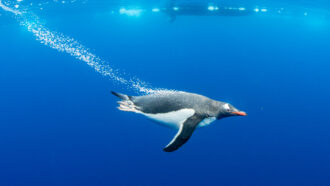 Physics
Physics‘Feathering’ helps explain Gentoos’ record-breaking swim speed
Videos and computer analyses reveal the secrets of the penguins’ superspeed. The results could inspire future underwater vehicles.
By Sarah Wells -
 Physics
PhysicsEfforts to create ultrafast light pulses win 2023 physics Nobel
Pierre Agostini, Ferenc Krausz and Anne L’Huillier won the prize for creating light bursts that last billionths of a billionth of a second.
By Emily Conover and James R. Riordon -
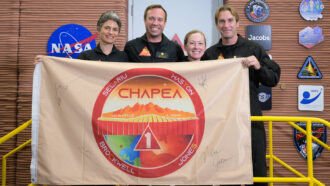 Space
SpaceFour researchers on Earth are spending a year on ‘Mars’
A crew of four entered Mars Dune Alpha in Houston, Texas. They will remain isolated inside for a year, living and working as if on the Red Planet.
By Payal Dhar -
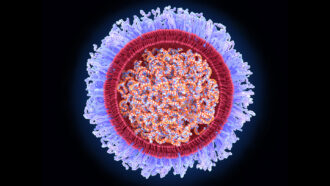 Health & Medicine
Health & MedicineRNA work that led to COVID-19 vaccines wins 2023 Nobel in medicine
Katalin Karikó and Drew Weissman overcame hurdles to using mRNA for medicine. This led to COVID vaccines — and maybe, one day, some for other infections.
-
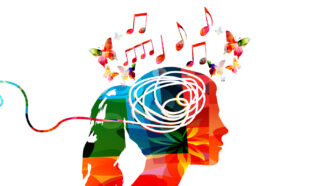 Brain
BrainNeuroscientists decoded a song from brain activity
The technique could help improve communication devices for people who are unable to speak.
-
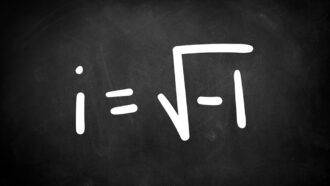 Math
MathScientists Say: Imaginary Number
These numbers may not be “real,” but they sure aren’t make-believe.
-
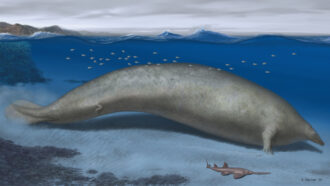 Animals
AnimalsThis massive ancient whale may be the heaviest animal ever known
Called Perucetus colossus, it may have tipped the scales at up to 340 metric tons — more than today’s blue whales.
By Skyler Ware -
 Psychology
PsychologySpending time in green spaces can provide big health benefits
Walking through a park or playing in a yard can make you feel better, both mentally and physically. Here’s how — and evidence it works for people at any age.